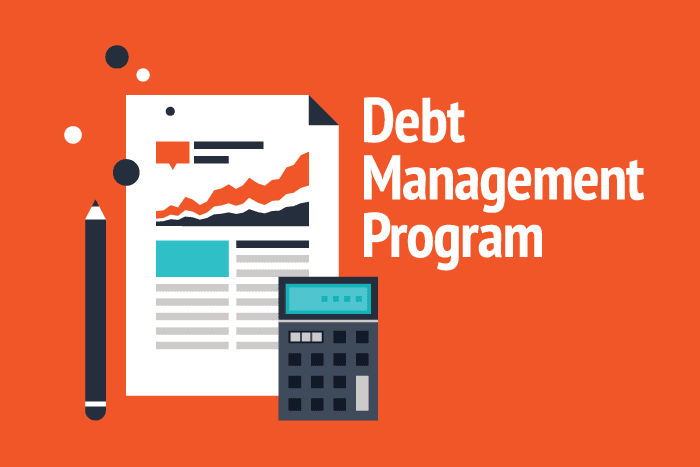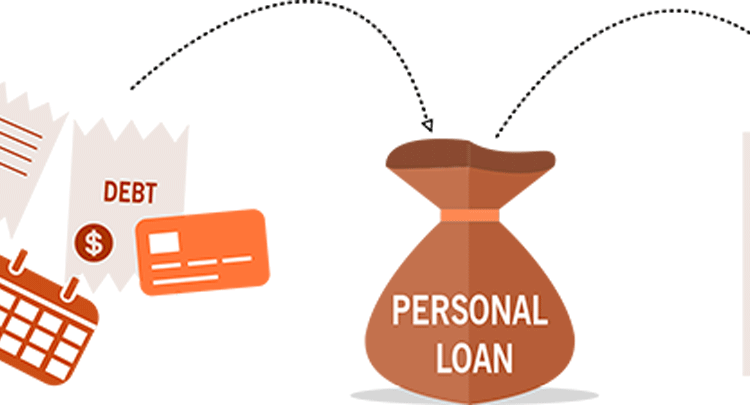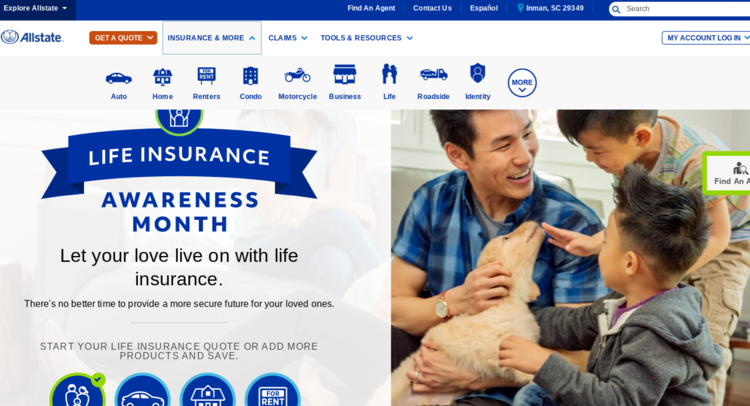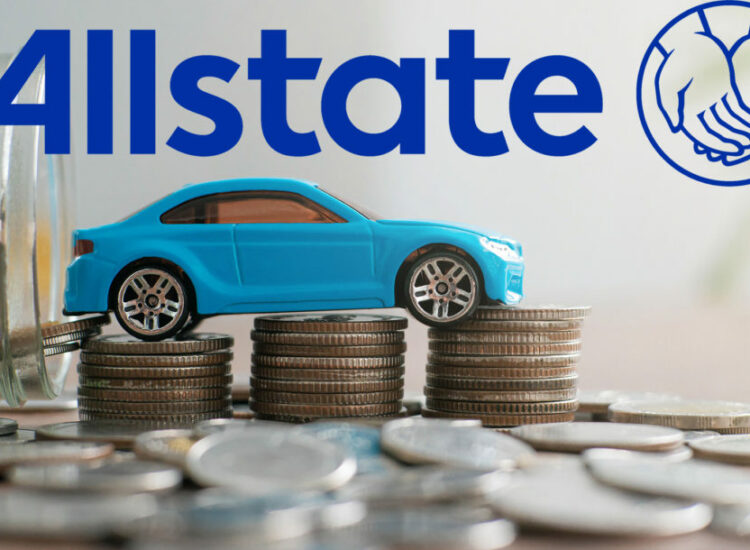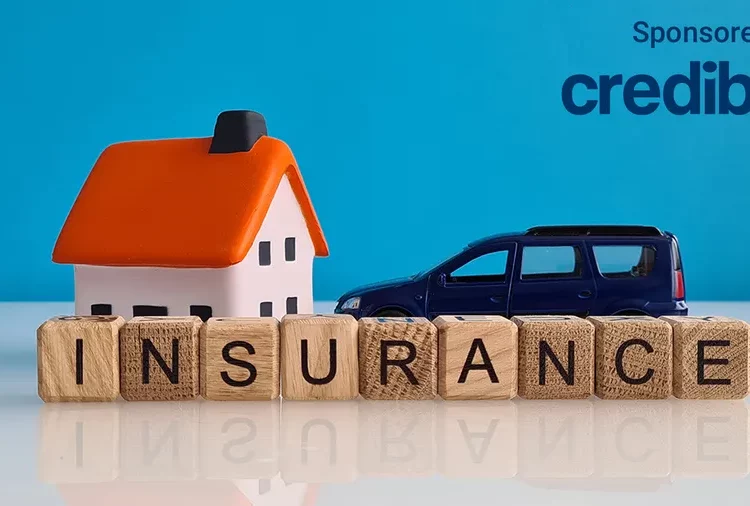Managing debt can feel overwhelming, but debt consolidation programs offer a lifeline for many. In this article, we’ll explore what debt consolidation programs are, their benefits, and how they can help you take control of your finances.
Toc
Introduction to Debt Consolidation Programs
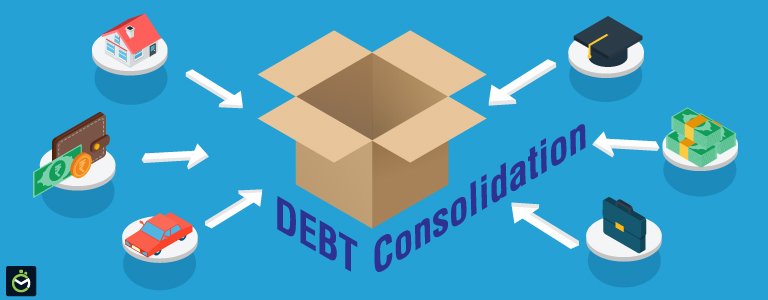
Debt consolidation programs are financial tools that help individuals and families manage their debt by combining multiple debts into one single loan. This can include credit card debt, medical bills, personal loans, and other types of unsecured debt. The goal of a debt consolidation program is to simplify the repayment process and make it more manageable for the borrower.
How Debt Consolidation Programs Work
Debt consolidation programs work by taking all of your existing debts and consolidating them into one new loan with a lower interest rate. This allows you to have only one monthly payment instead of multiple payments to different creditors. The new loan is usually longer-term, giving you more time to pay off your debt. Additionally, the interest rate on the new loan is typically lower than the average interest rates of your previous debts, which can save you money in the long run.
Types of Debt Consolidation Programs
There are a few different types of debt consolidation programs available:
- Debt consolidation loans: This is when a borrower takes out a new loan to pay off all their existing debts. The new loan usually has a lower interest rate and monthly payment than the combined payments of the previous debts.
- Debt management plans (DMP): These programs involve working with a credit counseling agency to create a repayment plan that works for your financial situation. The agency will negotiate with your creditors to lower interest rates and consolidate payments into one monthly payment.
- Debt settlement: This involves negotiating with creditors to settle the debt for less than what is owed. While this can lead to a lower overall debt amount, it usually comes with a negative impact on your credit score.
- Balance transfer credit cards: This option allows you to transfer all your existing high-interest credit card balances onto one new credit card with a lower, introductory interest rate. However, this low rate is usually only temporary.
Benefits of Debt Consolidation Programs
- Simplify Repayment: As mentioned earlier, the main benefit of a debt consolidation program is simplifying the repayment process. With only one monthly payment to make, it’s easier to keep track of your debt and ensure timely payments.
- Lower Interest Rates: Debt consolidation programs often come with lower interest rates, which can save you money in the long run. This is especially beneficial for those with high-interest credit card debt.
- Improve Credit Score: Consistently making timely payments through a debt consolidation program can help improve your credit score over time.
Who Can Benefit from Debt Consolidation?
Debt consolidation programs can be particularly beneficial for individuals struggling with multiple high-interest debts. If you’re having trouble keeping up with various payments and interest rates, consolidating your debt into one manageable monthly payment can alleviate stress and help you regain control over your finances. People with poor credit scores may also benefit, as successfully managing a consolidated loan can improve creditworthiness over time. However, it’s important to note that these programs may not be suitable for everyone. Those with minimal debt or those able to manage their debts through budgeting and financial planning might not need a debt consolidation program.
How to Choose the Right Debt Consolidation Program
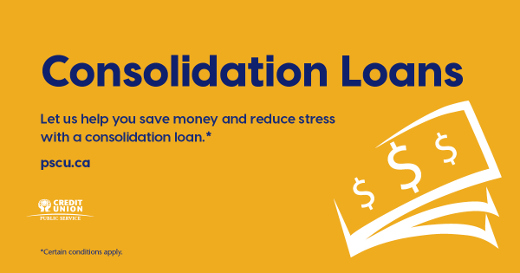
When selecting the right debt consolidation program, it’s crucial to evaluate your financial situation and understand your specific needs. Here are some steps to guide you in making an informed decision:
Assess Your Debt
Begin by taking a comprehensive inventory of your debt. List out all your current debts, including the amounts, interest rates, and monthly payments. This will give you a clear picture of what you owe and help you identify which debts could benefit the most from consolidation.
Research Potential Programs
Not all debt consolidation programs are created equal. Research various options, including debt consolidation loans, debt management plans, and debt settlement. Compare their terms, benefits, and potential drawbacks. Look for reputable lenders and credit counseling agencies with positive reviews and a track record of success.
Check Eligibility Requirements
Different programs have different eligibility criteria. Ensure you meet the requirements before applying. For instance, some programs may require a minimum credit score, while others may be more lenient.
Calculate Potential Savings
Use online calculators to estimate how much you could save through a debt consolidation program. Consider both the monthly payment and the overall cost of the loan. Ensure the program you choose offers tangible financial benefits, such as lower interest rates or reduced overall debt.
Evaluate the Impact on Your Credit Score
Understand how the program will affect your credit score. While some programs, like debt settlements, can initially lower your credit score, others, like debt management plans or consolidation loans, may improve it over time with consistent payments.
Read the Fine Print
Before committing to any program, carefully read all terms and conditions. Be aware of any fees, the length of the repayment term, and any other clauses that could affect your financial health.
Seek Professional Advice
Consider consulting with a financial advisor or credit counselor to get personalized advice. They can provide an objective perspective and help you choose the most suitable option for your situation.
Choosing the right debt consolidation program is a significant decision that can have long-term implications for your financial well-being. By taking the time to thoroughly assess your options and seek advice, you can find a solution that helps you effectively manage your debt and secure a more stable financial future.
Applying for a Debt Consolidation Loan: What to Expect
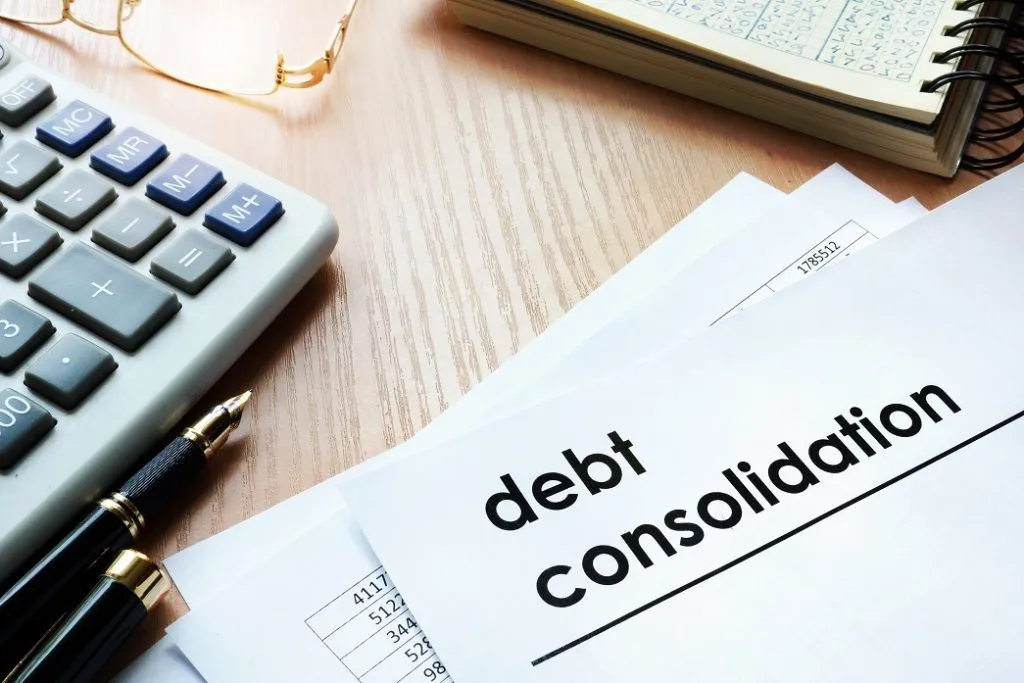
Applying for a debt consolidation loan is a straightforward process, but it’s essential to understand each step to ensure you’re adequately prepared. Here’s what you can expect during the application process:
Gather Necessary Documentation
Before you apply, collect all necessary documentation. This typically includes proof of income (such as pay stubs or tax returns), a list of your current debts, and personal identification. Having these documents ready will streamline the application process and make it quicker for lenders to evaluate your application.
Submit a Loan Application
Once you’ve chosen a lender, you’ll need to fill out and submit an application. This can often be done online or in person at a bank or credit union. Ensure you provide accurate information to avoid delays in processing your application.
Undergo a Credit Check
Lenders will perform a credit check to assess your creditworthiness. This helps them determine the interest rate and terms of your loan. A higher credit score typically results in more favourable loan terms, including lower interest rates.
Await Approval
After submitting your application and undergoing a credit check, you’ll need to wait for the lender’s decision. Approval times can vary depending on the lender and your financial situation. Some lenders offer instant decisions, while others may take a few days to process your application.
Review Loan Terms
If your loan application is approved, carefully review the loan terms provided by the lender. Pay attention to the interest rate, repayment period, monthly payment amount, and any fees. Ensure you understand all aspects of the loan before accepting the offer.
Sign the Agreement
Once you agree to the loan terms, you’ll need to sign the loan agreement. This is a legally binding document that outlines the terms and conditions of the loan. Make sure to read it thoroughly before signing.
Pay Off Existing Debts
After signing the loan agreement, the lender will disburse the funds. These funds are typically used to pay off your existing debts directly. In some cases, the lender may deposit the funds into your bank account, and you’ll need to pay off your debts yourself.
Begin Repayment
With your existing debts consolidated into one loan, you’ll begin making monthly payments to your new lender. Ensure you make these payments on time to avoid penalties and to help improve your credit score over time.
Understanding the debt consolidation loan application process can help you navigate it more effectively and make informed decisions. By being prepared and knowing what to expect, you can take the necessary steps to consolidate your debt and work towards financial stability.
Alternatives to Debt Consolidation Programs

While debt consolidation programs can be a valuable tool for managing debt, they aren’t the only option available. Here are some alternatives that might be suitable depending on your financial situation:
Debt Snowball Method
The debt snowball method involves paying off your smallest debts first while making minimum payments on larger debts. As each smaller debt is paid off, the payment amounts “snowball” into larger payments towards the next smallest debt. This method can provide a sense of achievement and motivation as smaller debts are quickly eliminated.
Debt Avalanche Method
The debt avalanche method focuses on paying off debts with the highest interest rates first. By targeting high-interest debt, you can save more money on interest payments over time. Like the snowball method, continue making minimum payments on other debts while aggressively paying down the highest interest rate debt.
Credit Counseling
Credit counseling agencies offer professional advice and can help create a debt management plan tailored to your situation. They can negotiate with creditors on your behalf to lower interest rates and waive fees. While credit counseling doesn’t consolidate your debts into a single loan, it can simplify repayment and provide valuable financial education.
Balance Transfer Credit Cards
For those with good credit, a balance transfer credit card can offer a way to consolidate debt and reduce interest rates. Many balance transfer cards come with an introductory 0% APR period, which can allow you to pay off debt faster without accruing additional interest. However, be mindful of any balance transfer fees and the duration of the introductory period.
Debt Settlement
Debt settlement involves negotiating with creditors to settle your debt for less than the amount owed. This option can significantly reduce your total debt, but it typically has a negative impact on your credit score and may come with fees from debt settlement companies. It’s often considered a last resort for those unable to manage their debt through other methods.
Bankruptcy
Bankruptcy is a legal process that can provide relief from overwhelming debt. There are different types of bankruptcy, such as Chapter 7 or Chapter 13, each with its own procedures and implications. While bankruptcy can offer a fresh start, it has long-term consequences for your credit score and should be considered only after exploring all other options.
Before deciding on any debt management strategy, it’s essential to analyze your financial situation and consider the potential long-term effects. Consulting with a financial advisor can help you determine the best course of action and ensure you make an informed decision.
Conclusion
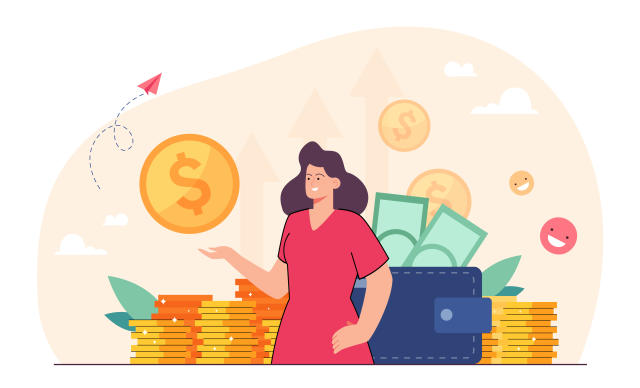
In conclusion, managing debt effectively requires careful consideration of all available options and a clear understanding of your financial situation. Whether you choose a debt consolidation program, an alternative debt management strategy, or a combination of methods, the key is to stay committed to your plan and make informed decisions. Effective debt management can pave the way to financial stability, reduced stress, and a brighter financial future. Remember, seeking advice from financial professionals can provide valuable insights and help you navigate the complexities of managing debt. Taking proactive steps now can lead to long-term financial health and peace of mind.
